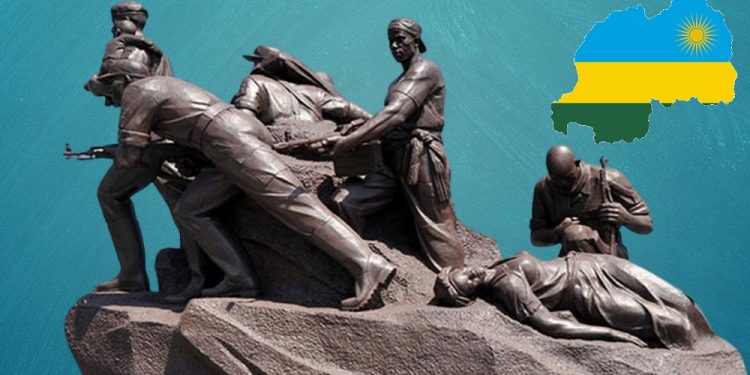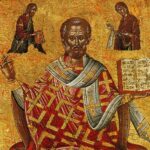
Liberation Day in Rwanda
Liberation Day is a holiday that falls annually on July 4th in Rwanda. This day commemorates the end of the 1994 Genocide. During this genocide, members of the Tutsi ethnic group were targeted and murdered by the Hutu majority during a 100-day period that lasted from April 7, 1994, to July 4, 1994.
During this three-month period, it is estimated that approximately one million Rwandans were murdered and that an estimated 70% of the Tutsi population was reduced. This event also resulted in a third of the Echuya Batwa being killed. This holiday occurs a week after the country’s Independence Day, which is observed on July 1st.
The History of Liberation Day in Rwanda
During the Rwandan Civil War, members of the Hutu majority government oversaw a campaign of genocide that featured the mass murder of Tutsis. This occurred from April 7, 1994, through July 4, 1994. Approximately a million people were killed during this genocide.
The genocide came to an end when the Rwandan Patriotic Front, led by Paul Kagame, took control of the country on July 4, 1994. Not long after this genocide, Liberation Day was established as a holiday and marked the last day of the annual National Mourning Period that begins on April 7th. Independence Day also falls during this three-month period.
Observing Liberation Day in Rwanda
Because this holiday commemorates all of the lives lost during the Rwandan Genocide, it is seen by the general public as a day of reflection and mourning. Most of the celebratory events happen several days earlier on Independence Day, and this holiday is more for observing religious events and wreath-laying ceremonies. Even so, there are still thousands of people who gather to observe these events.
On full display on this holiday are Rwandan flags, dancing, and there is usually a big concert for people to attend. People come down from the neighboring villages and hills to attend these events. There are also events at the Genocide Memorial in Kigali, where more than a quarter of a million people are buried in a mass grave.








